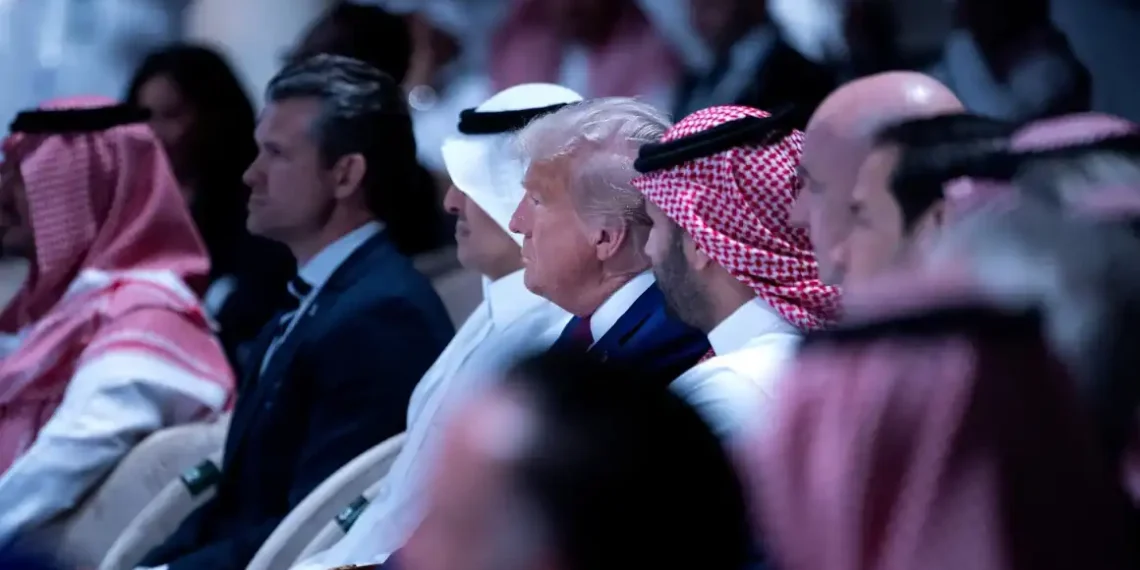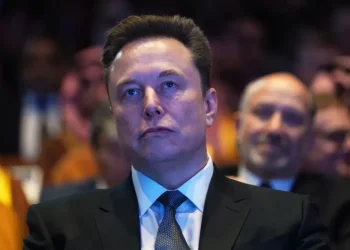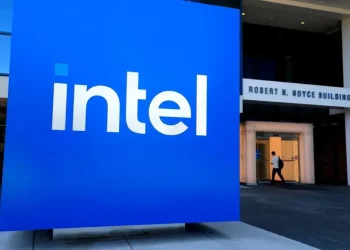Will Massive Gulf Deals Secure the US Lead in Global AI?
Last week, US President Donald Trump’s whirlwind tour of the Middle East sparked a wave of AI deals that could reshape the future of global technology — and America’s place at the forefront.
Big AI Moves in the Gulf
On May 12, Saudi Arabia’s Public Investment Fund announced the launch of Humain, a new AI startup. Major US tech giants like Nvidia, AMD, and Qualcomm jumped in with agreements to supply chips and support AI infrastructure for the venture.
The Trump administration also moved to scrap and replace a Biden-era rule — known as the “AI Diffusion” regulation — which would have capped sales of the most advanced AI chips starting May 15. This change clears the way for more chip exports to international partners.
In a headline-grabbing finale to the tour, the US and the United Arab Emirates (UAE) revealed a partnership to build a massive data center complex in Abu Dhabi. The planned 5-gigawatt facility would be the largest data center cluster outside the US — a huge deal in the world where data centers power AI breakthroughs. To put it in perspective, the global total capacity for data centers is about 59 gigawatts.
President Trump also announced that Saudi Arabia and the UAE will invest in US-based data centers, reinforcing a two-way partnership.
Speaking in Abu Dhabi, Trump said, “We’ve agreed to create a path for the UAE to buy some of the world’s most advanced AI semiconductors from American companies.”
A Game-Changer for the AI Race
Experts see these deals as a potential turning point in the fierce AI competition between the US and China. AI czar David Sacks called the agreements a “game-changer” on social media, saying they “will help cement American technology as the global standard before competitors catch up.”
AI requires enormous computing power — known as “compute” — which in turn demands huge energy resources. Mohammed Soliman, a senior fellow at the Middle East Institute, explains, “The US has a real challenge powering its own data centers because of energy constraints.”
Partnering with energy-rich Gulf countries, Soliman argues, could provide a vital strategic boost. “Building out energy infrastructure in the US will take time and massive investment. Meanwhile, the Gulf’s energy can help power this AI revolution now.”
Concerns Over Security Risks
However, some worry about the security risks of sending advanced chips to the Gulf. A group of leading Democrats warned that without strong safeguards, these deals could pose “an immediate national security threat.” They fear that Saudi and Emirati firms might use the chips for sensitive projects — including autonomous weapons — or that technology could eventually fall into China’s hands.
Still, analysts say if US companies control the data centers directly, the risks are reduced.
US officials argue that working with the Gulf is better than pushing these countries into a closer alliance with China, whose companies like Huawei are rapidly advancing in AI chip technology. As David Sacks put it, “If we reject them, we will drive them into China’s arms.”
The Gulf’s Growing AI Ambitions
Both Saudi Arabia and the UAE have big plans to build AI industries as they prepare for a future less dependent on oil. If they successfully use these chips to develop cutting-edge AI models, the Gulf could emerge as a new heavyweight in the global AI race — potentially becoming the “third-biggest power” after the US and China, according to expert Sam Winter-Levy.
That said, the Gulf currently faces challenges such as a shortage of AI talent, which might slow its rise.
A New Chapter in US-Gulf Relations
This wave of AI deals marks a shift in the US-Gulf partnership — one now defined more by technology than oil.
“It’s no longer about crude oil; it’s about compute power,” says Soliman. But he also warns that if too much US computing power ends up in the region, Gulf governments could gain influence over American tech firms and even US foreign policy.
Meanwhile, Democrats urge the US government to ensure these investments help build America’s own AI industry first and foremost, keeping critical technology development at home.
This article was rewritten by JournosNews.com based on verified reporting from trusted sources. The content has been independently reviewed, fact-checked, and edited for accuracy, neutrality, tone, and global readability in accordance with Google News and AdSense standards.
All opinions, quotes, or statements from contributors, experts, or sourced organizations do not necessarily reflect the views of JournosNews.com. JournosNews.com maintains full editorial independence from any external funders, sponsors, or organizations.
Stay informed with JournosNews.com — your trusted source for verified global reporting and in-depth analysis. Follow us on Google News, BlueSky, and X for real-time updates.














